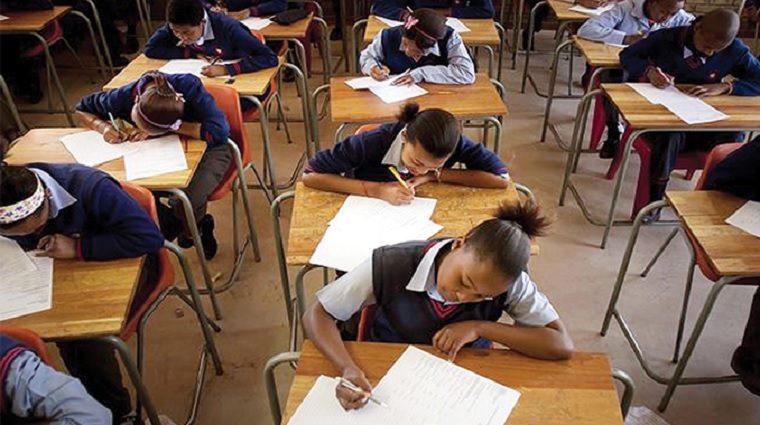HON. NDUNA: It also comes to mind and it is a fact that children are attending school twice a week if not once a week. Would it please the Minister to move the dates for the examinations a little bit further to allow the children to catch up both online and also physical interaction which has been hampered by attendance at school on face to face?
HON. E. MOYO: In fact examination classes are attending school every day. So in terms of alternating days, that is for non-examination classes. The examination classes are attending from Monday to Friday.
HON. KWARAMBA: As children are preparing for examinations, there is this thing called CALA. Would the Minister kindly shed more light on this thing called CALA? I thank you.
HON. E. MOYO: CALA refers to Continuous Assessment Learning Activities. Continuous assessment is not a new phenomenon in the education sector. It has always been there, albeit limited only to practical subjects. We are merely extending it to all the other subjects and the idea is not to punish children by examining them and looking for what they do not know but taking into account their performances during the course of the learning period so that we do not sacrifice – I said in this Parliament a few weeks ago that children attend primary school for nine years and then you subject them to one and half hours to determine what they learnt all in nine years of primary education. So we are saying let us take on board their performances from time to time so that they contribute a percentage to the final mark. I thank you.
HON. MOKONE: I would like to know what measures there are to make sure that children who are in disadvantaged areas where there is no network for online learning are not disadvantaged because you spoke about online learning.
HON. E. MOYO: Online learning is only one of the strategies. We also have modules and study packs that have been distributed to those schools which do not have network or signal for radio. We have also distributed some radios where you have a port for flash disk which have been loaded with materials that can be used for children to catch up whilst they are out there. I thank you.
*HON. NYABANI: In areas like Mbire, Rushinga, Muzarabani and Binga, there is only one teacher teaching Grades 1 to 7. How are these children going to write examinations like the rest of the children doing online lessons?
HON. E. MOYO: That matter has been brought to our offices and we are dealing with it. The situation is not universal in all schools. Yes, there are schools which are in that kind of situation but there are others which are well resourced in terms of human resources.
Hon. Mbongeni Dube having passed between the Chair and the Hon. Member speaking.
THE HON. SPEAKER: Order!
HON. E. MOYO: Yes, there are other schools in remote areas that are disadvantaged in terms of human resources but there are others that are well resourced. What really determines that usually is the attractiveness and the provision of amenities and accommodation in those areas? So, we are specifically attending to that and we hope that our human resources deployment strategy is going to address some of those issues. I thank you.
Continued next page
(194 VIEWS)


